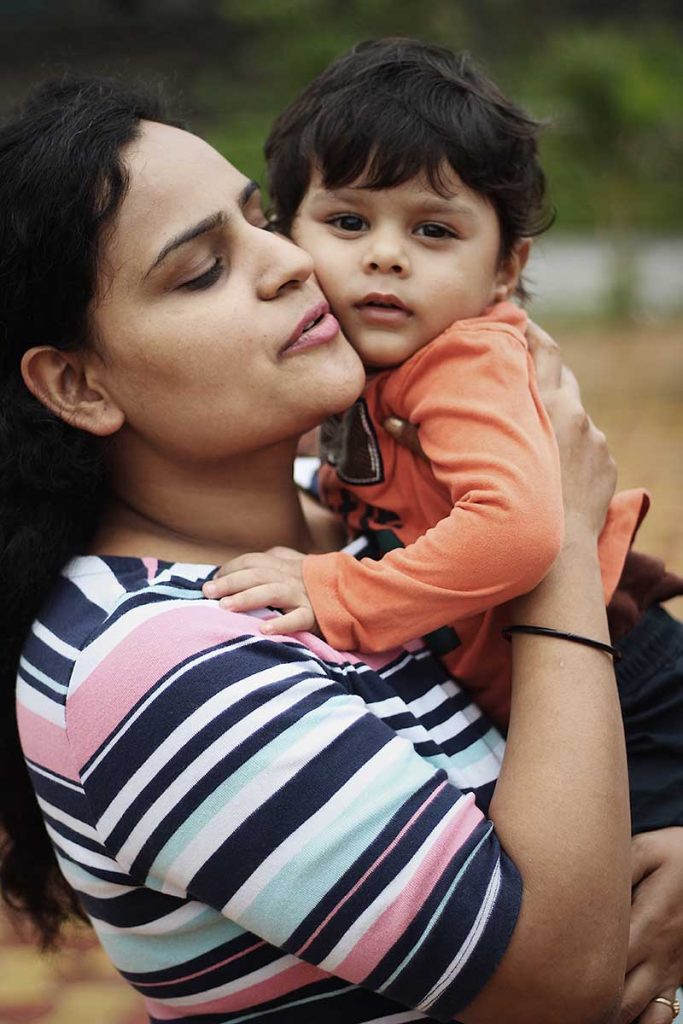Residency, previously known as custody, determines which parent the children primarily live with after separation or divorce.
It is important to note that the non-resident parent, even though not living with the children, retains full parental responsibility. Parental responsibility means having a say in key aspects of the child’s life, such as decisions about education, religion, and medical care.
Parental responsibility is automatically granted to:

When residency is contested, the court primarily focuses on the child’s welfare, following the principle of the “child’s best interests.” Courts often favour the status quo, meaning the parent with whom the children currently reside may have an advantage unless there are compelling reasons for change. Factors such as the child’s own wishes (depending on their age and maturity) and any potential risks to their welfare are also crucial in the court’s decision-making process.
If you are considering applying for residency, it is essential to approach the matter with a clear understanding of the responsibilities and implications. Courts will evaluate several factors to determine if the child will be better off living with you:
Children’s Wishes and Feelings
As children grow older, their views carry more weight in court. If your children are old enough to express a strong preference about which parent they want to live with, and there is no concern for their welfare, the court will take their wishes seriously. Pursuing a court case against their wishes could strain relationships and complicate future co-parenting efforts.